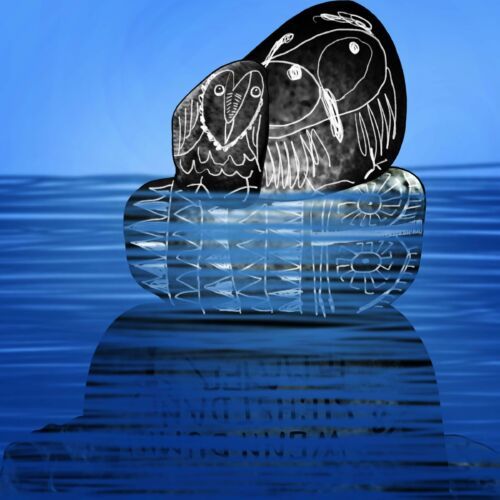Loneliness versus ambient temperature and cannabis and CHAD
According to the theory of social thermoregulation, when the weather gets cold, people function as warm-blooded animals – they want to accumulate and share the heat radiating from their bodies and thus minimise the risk of death from hypothermia. Brain parts associated with temperature control and social behaviour are closely linked and can influence each other. When we are cold, we are more likely to feel lonely and long for physical and emotional proximity to others, and when we feel emotionally excluded, we experience a drop in temperature and seek warmth. Even movie rental customers watch romantic comedies disproportionately more often when it is cold outside.
According to researchers at the University of Bath, piano lessons improve the brain’s ability to process images and sounds in the environment, and practitioners report fewer depressive symptoms, stress and anxiety.
According to the results of 53 studies in 2019, almost ¼ of a total sample of nearly 52,000 people with bipolar affective disorder (CHAD) had used cannabis or had a problematic consumption pattern. This compares with 2-7% of people in the general population. Cannabis use can exacerbate manic and psychotic symptoms of the illness and increase the risk of suicide. At the same time, research by Dr Alannah Miranda of the University of California, San Diego, shows that CHAD patients who use cannabis make fewer risky decisions. They also report that cannabis helps alleviate some of their illness’s symptoms: problems with memory, attention, concentration and anxiety.























